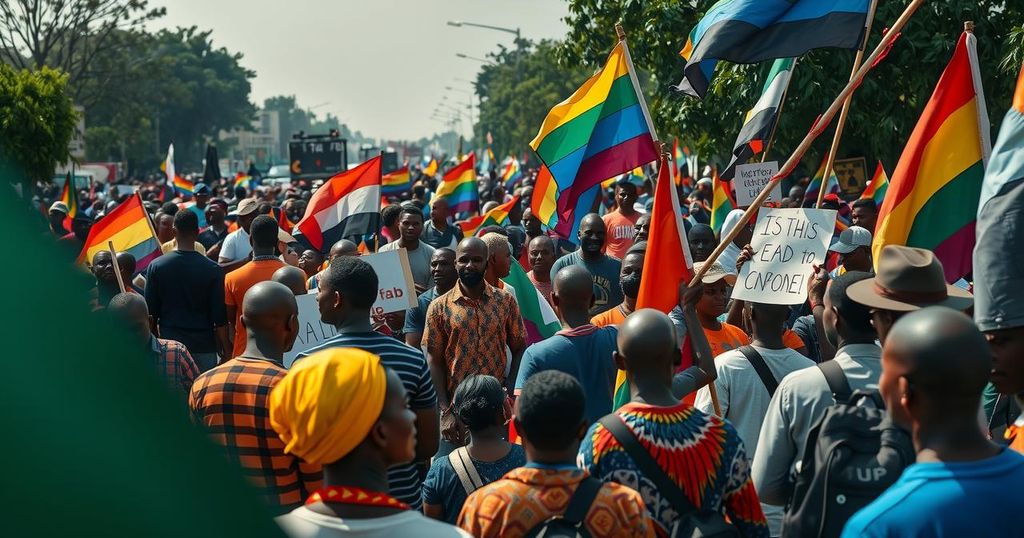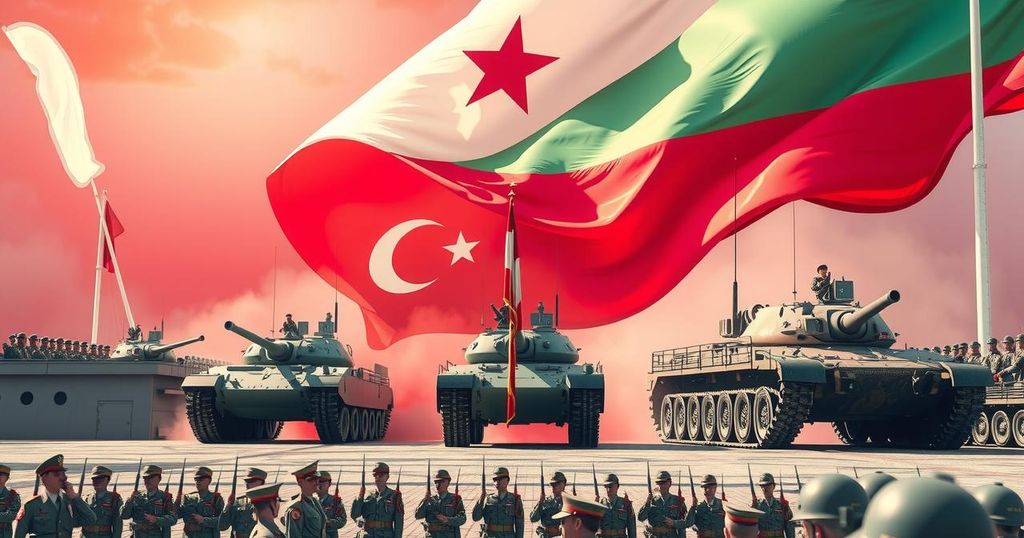Protests in West Africa: A Grave Risk for Citizens Amid State Violence
In West Africa, violent suppression of protests highlights the fragility of state power. Amnesty International reports excessive force used by law enforcement against civilians during demonstrations, leading to numerous fatalities and injuries, particularly among youth. The article emphasizes the need for governments to respect civil rights and halt violence to restore public trust and credibility.
In West Africa, participating in protests frequently entails grave risks, as evidenced by the recurrent violent suppression of demonstrations in nations such as Mali, Guinea, and Senegal. Amnesty International asserts that this brutality reflects the fragility of state power rather than its strength. The organization’s reports reveal a disturbing trend of excessive force used by law enforcement against citizens, impacting many young lives through injuries or fatalities resulting from police actions during protests.
The ongoing civilian unrest reflects a larger issue stemming from a repressive political climate. Governments in the region have increasingly resorted to violent measures to quell dissent, with legal and civic freedoms under significant threat. Recent statistics highlight the tragic consequences of state violence; in Senegal alone, at least 65 individuals lost their lives during protests between 2021 and 2024. Guinea has seen 113 deaths in similar circumstances since 2019, while Sierra Leone reported 27 fatalities from protests against economic hardships in 2022.
The systemic violence is compounded by the erosion of civic space. Authorities routinely suspend activities of political opposition and civil society, while protests are increasingly banned under dubious pretexts. Activists face arbitrary detainment, and press freedoms suffer severe constraints, creating an environment conducive to further state-sanctioned violence. The pervasive impunity enjoyed by perpetrators allows for a culture wherein unlawful killings during protests go unpunished, eroding public trust in governmental institutions.
Notably, governments often justify their actions by citing the illegality or violence of protests, neglecting the international norms that regulate the use of force. They are obligated to exhaust non-violent measures before resorting to force, which is only permissible under stringent conditions. Tragically, violence against demonstrators leaves profound and lasting scars—both physical and psychological—on victims, many of whom lack access to adequate medical care due to socio-economic barriers.
Amnesty’s recent report has poignantly illustrated the plight of injured youth, often from marginalized backgrounds, who suffer silently without support from authorities. The government’s failure to address these issues underscores its weaknesses, as reliance on force only heightens public alienation and insecurity. A truly robust state, conversely, is evidenced by its commitment to uphold human rights, provide proper training for law enforcement, and combat impunity for violence.
It is crucial for West African authorities to halt this cycle of violence that disfigures youth and undermines their legitimacy among both citizens and the international community. The security of a nation relies not on the suppression of dissent, but rather on the ability to accommodate diverse voices and uphold the rights inherent to all citizens.
The article discusses the troubling pattern of violence against protesters in West Africa, highlighting the actions of law enforcement during recent demonstrations. By detailing the deaths and injuries sustained in protests, as well as the repression of civil liberties, the article underscores the fraught relationship between state power and public dissent. It argues that the harsh responses of authorities indicate not strength, but rather a profound weakness in governance, contributing to a climate of fear and distrust among the populace.
The continuous violence inflicted by law enforcement agencies in West Africa signifies a critical failure of governmental authority, jeopardizing the very fabric of civil society. Repressive actions against protestors not only violate human rights but also foster public distrust and instability. A robust approach to governance must prioritize the respect and protection of human rights, ensuring the suitable training of law enforcement and accountability for abuses to restore confidence between the state and its citizens. Immediate action to end the violence is imperative for the credibility of these regimes.
Original Source: www.amnesty.org




Post Comment